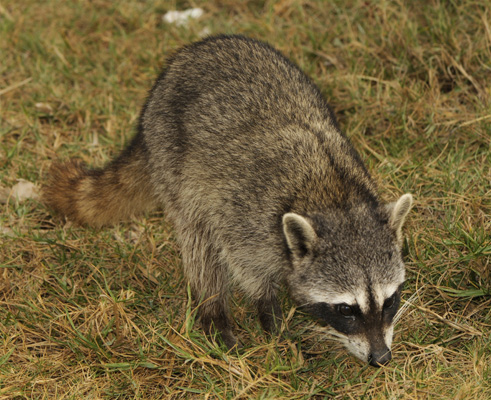Facts About Cozumel (Pygmy) Raccoon
The Cozumel raccoon, also known as the pygmy raccoon, is a critically endangered species native to Cozumel Island in Mexico. First classified as a distinct species from the common raccoon by Clinton Hart Merriam in 1901, the Cozumel raccoon is notably smaller and exhibits unique physical characteristics compared to its mainland counterparts. This size difference is attributed to insular dwarfism.
Currently, there are only about 250–300 Cozumel raccoons remaining. They face significant threats due to habitat loss and human activities, particularly from the rapidly expanding tourism industry on the island. Their restricted habitat and specialized diet, which predominantly consists of crabs, render them especially vulnerable. Furthermore, diseases and parasites introduced by feral and domestic cats pose considerable risks to their survival.
Conservation efforts are crucial to save the Cozumel raccoon. Key strategies include protecting mangrove forests, establishing protected areas, and potentially initiating captive breeding programs. It is also imperative to control the feral cat population and find ways to balance conservation efforts with tourism. Additional research is needed to confirm the Cozumel raccoon's status as a distinct species and to develop effective conservation plans to ensure their long-term survival.

 United States
United States